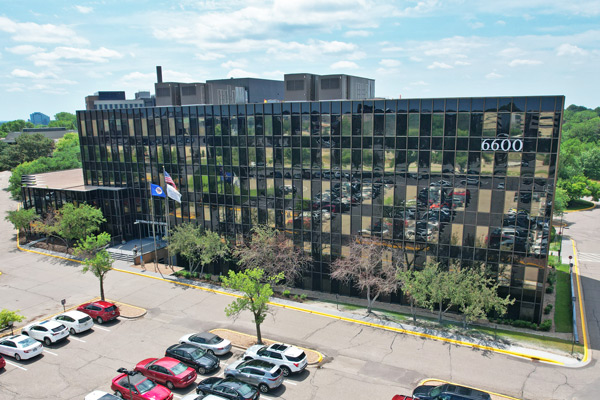Richfield Addiction Treatment

In Richfield, our Licensed Alcohol & Drug Counselors, Mental Health Professionals, and Psychiatry Team work together to help those seeking addiction treatment develop a strong recovery plan.
Nystrom & Associates Richfield Outpatient Addiction Treatment is licensed by the Minnesota Department of Human Services and is supported by our Mental Health Multidisciplinary Staff.
Why Richfield Addiction Treatment?
Richfield Addiction Treatment is designed for those experiencing personal impact and negative consequences of alcohol or drug use. Consequences often result in personal distress, negative impact on relationships with family and friends, poor performance in school or on the job, and legal consequences. Additionally, people may suffer from specific emotional problems such as depression, anxiety, mood disorders, personality disorders, or other mental diagnoses.
How Can Richfield Addiction Treatment Help?
We understand the relationship between substance dependence and emotional and mental health issues and offer integrated treatment in order to address both dimensions. We believe that licensed alcohol & drug counselors, mental health professionals, and mental health practitioners should work as a team to help patients work through complex problems and develop a strong recovery plan.
Learn more about Substance Use Disorders by clicking here.
Schedule An Appointment Today!
If you or someone you love is suffering from psychiatric disorders, there is hope. Life with a mental disorder does not have to be a daily struggle. Discover the world of difference treatment can make for you as well as your loved ones.
Call Nystrom & Associates today at 320-460-8028 or click the button below to get started.
All Addiction Treatment Locations
Alexandria Clinic
Apple Valley Clinic
Baxter/Brainerd Clinic
Bemidji Clinic
Big Lake Clinic
Blaine Clinic
Bloomington Clinic
Coon Rapids Clinic
Duluth Clinic
Eden Prairie Clinic
Edina Clinic
Fergus Falls Clinic
Hutchinson South Clinic
Mankato Clinic
Maple Grove Clinic
Minnetonka Clinic
Moorhead Clinic
New Brighton Clinic
Otsego Clinic
Rochester South Clinic
Roseville Clinic
St. Cloud Clinic
Stillwater Clinic
Woodbury Clinic
About Richfield, MN
Richfield is a city in Hennepin County, Minnesota, United States. Best Buy, the U.S.'s largest electronics retailer, has its headquarters in Richfield. The population was 36,994 at the 2020 census. In the 1820s, some small settlements developed around Fort Snelling. By the late 1830s, the fortress served as a destination for newcomers—lumbermen, missionaries, farmers, traders and travelers—migrating to the borderlands people were now calling "Minisota." Minnesotan Franklin Steele first reached the area in 1837 where he worked as a sutler, selling goods to soldiers.
